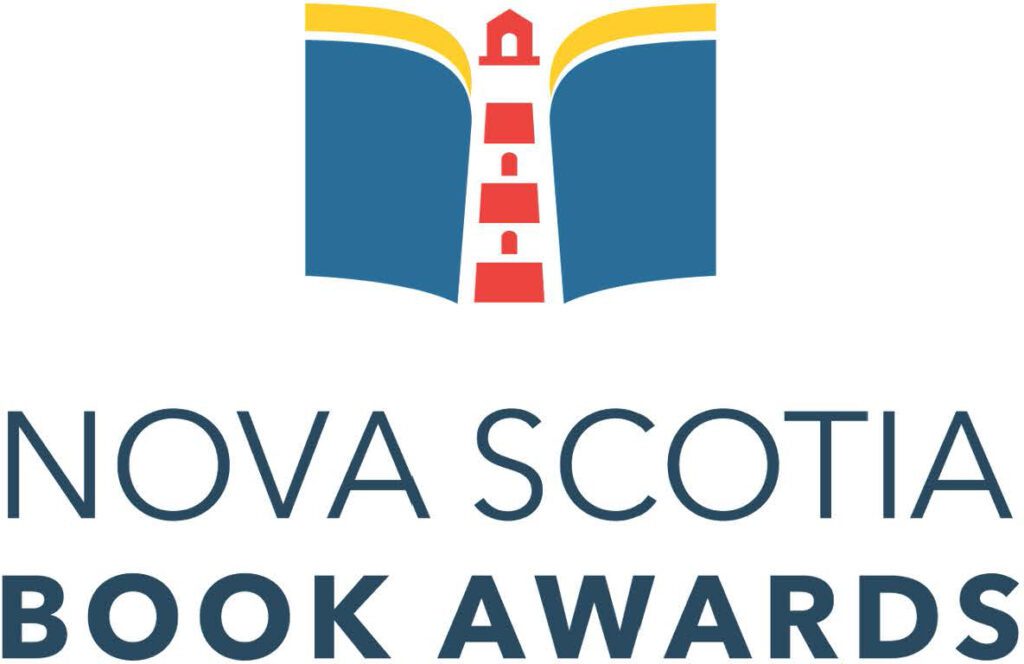
Five Nova Scotian authors win 2023 literary awards
DARTMOUTH, NS – Activists Sister Dorothy Moore and El Jones were among the five Nova Scotia writers recognized with Nova Scotia Book Awards at a ceremony held Monday evening at Brightwood Golf and Country Club in Dartmouth. Best-selling author Charlene Carr, who lives in Dartmouth, was the host.
Mi’kmaw Elder Sister Dorothy Moore was presented with the George Borden Writing for Change Award for A Journey of Love and Hope (Nimbus Publishing), a collection of talks, presentations, prayers, and ceremonies by the human rights activist. Named for the late George Borden (1935–2020), the Writing for Change Award is for an outstanding non-fiction book by a Nova Scotian author that inspires others and challenges the status quo.
Poet, professor, and activist El Jones took home the Evelyn Richardson Non-Fiction Award for Abolitionist Intimacies (Fernwood Publishing). In this book, Jones employs both poetry and prose to examine the movement to abolish prisons. From the jury citation: “El Jones packs meaning into every word and phrase, intertwined with unwavering undertones of cultural genocide, Black annihilation, and the institutionalized trauma that continues to smother and suppress a people and their intimate and necessary cultural connections.”
The first award of the evening, the Margaret and John Savage First Book Award (Non-Fiction), went to Yarmouth native Mandy Rennehan for The Blue Collar CEO: My Gutsy Journey from Rookie Contractor to Multi-Millionaire Construction Boss (HarperCollins). The book is the “respectfully uncensored” story of how Rennehan’s business savvy and innovative thinking led her to the top of the male-dominated construction industry before she turned thirty.
Sylvia D. Hamilton won the Maxine Tynes Nova Scotia Poetry Award for her poetry collection Tender (Gaspereau Press). The book chronicles the experiences of Black people, Black women in particular, in their desire to live full, complex, unencumbered lives. According to the jury: “Tender is bursting at the seams with love, compassion, and vulnerability.”
Alexander MacLeod received the Dartmouth Book Award for Fiction for Animal Person (McClelland and Stewart), a short fiction collection exploring love, compromise, and the idea of self. “Lagomorph,” one of eight short stories in this collection, previously won the prestigious O. Henry Award and the Lieutenant Governor of Nova Scotia’s Masterworks Art Award.
This is the second year for the Nova Scotia Book Awards. Until last year, Nova Scotia didn’t have its own provincial literary awards celebration, as all the book awards for Nova Scotia authors were presented as part of the Atlantic Book Awards.
Literary events continue this week, culminating with the Atlantic Book Awards Gala on Wednesday, June 7, at 7:00 p.m. at Paul O’Regan Hall, Halifax Central Library. For tickets, please see Atlanticbookawards.ca.
The Nova Scotia Book Awards is a partnership between the Dartmouth Books Awards Committee and the Writers’ Federation of Nova Scotia, with support from the Atlantic Book Awards Society. The Society for the Nova Scotia Book Awards is grateful for generous funding from Nova Scotia Gaming Support4Culture and the University of King’s College.
Here is the full list of winners, in the order presented:
Margaret and John Savage First Book Award (Non-Fiction)
Mandy Rennehan, The Blue Collar CEO (HarperCollins)
Maxine Tynes Nova Scotia Poetry Award
Sylvia D. Hamilton, Tender (Gaspereau Press)
George Borden Writing for Change Award
Elder Sister Dorothy Moore, A Journey of Love and Hope (Nimbus Publishing)
Dartmouth Book Award (Fiction)
Alexander MacLeod, Animal Person (McClelland & Stewart)
Evelyn Richardson Non-Fiction Award
El Jones, Abolitionist Intimacies (Fernwood Publishing)
30
For more information, contact Lindsay Ruck: rucklindsay98@gmail.com; (902) 293-5236
